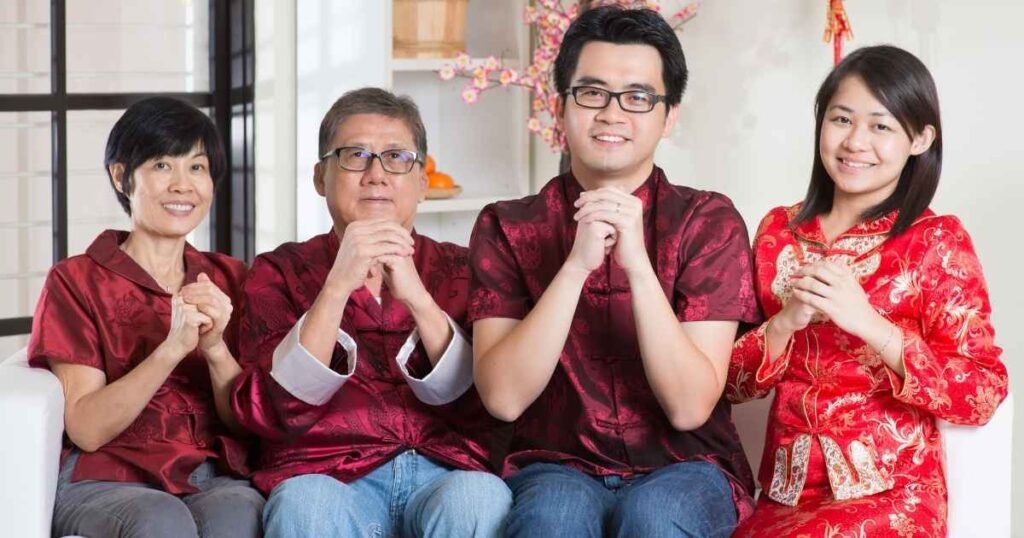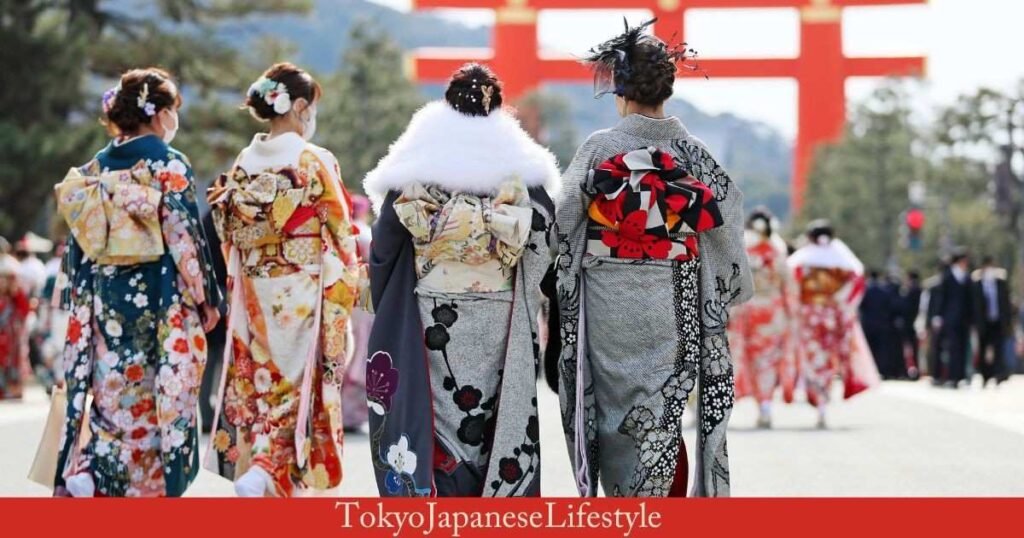Chinese greeting that means you good
Chinese greeting that means you good can be explained as a friendly and respectful way of approaching someone in Chinese culture. A common phrase often associated with well-wishes or expressing goodwill is “你好” (Nǐ hǎo), which translates to “Hello” in English, but more literally means “You good.” This greeting reflects the importance of politeness and positive interaction in Chinese social customs, serving as a universal and courteous way to initiate conversations.
Understanding the Meaning Behind the Greeting
The “chinese greeting that means you good” extends beyond a simple acknowledgment of someone’s presence. It signifies genuine care for the other person’s well-being, making it a heartfelt gesture. Such expressions are rooted in China’s deep cultural heritage, where collective wellness and positivity are emphasized over individualism. By offering a “chinese greeting that means you good,” speakers are not merely being polite but are actively conveying wishes for health, prosperity, and happiness. This reinforces the importance of meaningful conversations and the role of language in demonstrating empathy.
Cultural Significance of Thoughtful Expressions
Thoughtful greetings like the “chinese greeting that means you good” are integral to Chinese customs, as they highlight the value placed upon respect and kindness. These expressions are often used during social gatherings, festivals, or even in daily conversations, fostering goodwill and mutual respect. Such cultural practices demonstrate the importance of positive communication in strengthening both personal and community bonds. Utilizing phrases like the “chinese greeting that means you good” reflects a mindfulness of tradition and an intention to nurture meaningful relationships, which continues to be a hallmark of Chinese culture.
Must Read: SEO agency in Australia Uploadarticle: Ignites Online Growth
Origins of Chinese Greeting That Means You Good
The “chinese greeting that means you good” originates from ancient Chinese traditions where language was a critical medium for expressing respect and goodwill. This phrase exemplifies the deep-rooted emphasis on harmonious human interactions in early Chinese society. Historically, such greetings played an integral role in establishing trust and hospitality among individuals and communities. Over time, the “chinese greeting that means you good” became a universal salutation, transcending regional dialects and connecting people through shared values. Its simplicity and warmth reflect the Chinese cultural practice of nurturing positive relationships, ensuring that this tradition endures through generations.
Historical Roots and Lingual Evolution
- The phrase’s origin can be traced back to ancient China, where respectful communication was fundamental in societal interactions.
- Initially used in formal settings, it soon became a common way to foster goodwill and mutual respect.
- Over centuries, the greeting evolved linguistically, adapting to changes in dialects and regional variations.
- Its usage expanded beyond verbal communication, influencing written and artistic expressions in Chinese culture.
- Today, it remains a vibrant symbol of the country’s enduring emphasis on respect and harmonious relationships.
Connection to Traditional Chinese Values
The “chinese greeting that means you good” is deeply tied to traditional Chinese values of harmony, respect, and collective well-being. This greeting showcases the cultural importance of fostering balance in relationships, a central tenet of Chinese philosophy. By using the “chinese greeting that means you good,” individuals convey their intention to maintain peace and goodwill in their interactions. Such expressions are rooted in the belief that positive relationships contribute to a stable and prosperous community. This greeting continues to symbolize a commitment to respect, care, and unity, serving as a timeless reminder of these fundamental Chinese principles.
How Chinese Greeting That Means You Good Fosters Bonds

The “chinese greeting that means you good” plays a significant role in fostering meaningful bonds between individuals. This greeting goes beyond mere words, encapsulating an ethos of mutual respect and goodwill. By expressing care and positivity during interactions, this greeting helps to create an environment where connections can flourish. It reflects the cultural value placed on harmony and the importance of genuinely acknowledging others’ presence. Strengthening relationships through such greetings not only deepens individual ties but also contributes to a cooperative and peaceful community, showcasing the power of simple gestures in uniting people.
Building Trust Through Respectful Communication
Using the “chinese greeting that means you good” promotes trust by establishing a foundation of respectful communication. Trust is built when individuals feel acknowledged, valued, and respected, and this greeting provides an excellent way to achieve that. It conveys openness, a willingness to engage, and a commitment to building understanding. Such respectful exchanges encourage honesty and strengthen interpersonal relationships, whether in personal or professional contexts. Over time, this steady practice of acknowledgment through the greeting reinforces the trust necessary for fostering long-term relationships that thrive on mutual support and reliability.
The Psychological Impact of Positive Interactions
- Boosts Self-Esteem: Positive interactions reinforce a sense of belonging and self-worth, improving overall confidence and self-esteem.
- Reduces Stress: Engaging in supportive and encouraging exchanges lowers stress levels by promoting a sense of safety and comfort.
- Enhances Mood: Genuine positive connections release endorphins, contributing to a happier and more optimistic outlook on life.
- Improves Emotional Resilience: Frequent positive interactions help individuals build emotional strength, making it easier to cope with challenges.
- Strengthens Cognitive Function: Positive social engagements stimulate the brain, enhancing focus, creativity, and problem-solving skills.
Modern Usage of Chinese Greeting That Means You Good
Traditional greetings carry a deep cultural significance, providing an essential connection to heritage and values. The Chinese greeting that means you good, similar as “ 你好 ”( nǐ hǎo), is a classic illustration that translates to “ you good ” or “ hello. ” Its beginning sentiment reflects goodwill and respect, traits that remain relevant in today’s fast-paced, technology-driven world. Modern communication methods, like instant messaging and video calls, allow individuals to maintain this cultural connection. By continuing to use such phrases, people not only honor tradition but also promote mutual respect and warmth in global conversations.
Adapting Traditional Greetings in Digital Communication
The digital age has transformed the way we interact, introducing platforms like social media, chat apps, and emails as primary forms of communication. Despite these changes, the Chinese greeting that means you good continues to hold value, even in text-based exchanges. The concise nature of greetings like “你好” aligns well with the brevity of modern texting culture, making them convenient for virtual contexts. Incorporating traditional greetings into contemporary platforms fosters an inclusive atmosphere while allowing users to blend heritage seamlessly into daily life. This practice bridges generational gaps and sustains cultural relevance.
Relevance of Chinese Greeting That Means You Good in Contemporary Society
Although society evolves, the human need for connection remains constant. The Chinese greeting that means you good symbolizes this timeless desire to acknowledge and appreciate others. Today, using traditional phrases in conversations represents a nod to cultural identity and respect for history. Whether in formal business emails or casual online chats, such greetings illustrate personal warmth and cultural awareness. They cross language and artistic walls, serving as a memorial of participated humanity. By keeping traditions alive through everyday usage, individuals ensure that their cultural heritage resonates in an increasingly globalized world.
Lessons from Chinese Greeting That Means You Good
- The Chinese greeting that means you good reflects deep-rooted cultural values of kindness and goodwill.
- It highlights the importance of fostering strong interpersonal connections and building trust.
- Using such greetings in daily life can bridge cultural divides and promote understanding.
- Each phrase carries a sense of mutual respect, showcasing the richness of Chinese culture.
- Adopting the Chinese greeting that means you good in casual exchanges encourages positive and uplifting communication.
- It serves as a memorial of the enduring power of words to inspire and unite.
- Learning and using greetings like this not only enhances linguistic skills but also deepens cultural appreciation.
- Incorporating the Chinese greeting that means you good into conversations demonstrates a commitment to honoring traditions and spreading goodwill.
Global Influence of Chinese Greeting Practices
The Chinese greeting that means you good has transcended geographical boundaries, influencing cultures worldwide with its positive and inclusive message. Its simplicity and warmth resonate with individuals from diverse backgrounds, fostering connections that bridge linguistic and cultural divides. By adopting the Chinese greeting that means you good, people across the globe demonstrate respect for China’s rich traditions while promoting goodwill. This greeting has found its way into international dialogues, adding a personal and meaningful touch to communication. The widespread use of the Chinese greeting that means you good highlights the universal appeal of kind words and their ability to inspire unity.
For more informative and interesting articles visit: royallmagazine.com
Why Chinese Greeting That Means You Good Matters Today
Encouraging Cross-Cultural Relationships
The Chinese greeting that means you good serves as a bridge between cultures, fostering better understanding and strengthening international connections. By incorporating this greeting into daily interactions, individuals express appreciation for Chinese culture while also creating an atmosphere of inclusivity. Using the Chinese greeting that means you good symbolizes more than just a pleasantry; it is a gesture of goodwill that transcends language barriers and helps cultivate meaningful cross-cultural relationships in an increasingly globalized world.
Preserving the Value of Kindness in Everyday Life
At its core, the Chinese greeting that means you good reflects the timeless value of kindness in human interactions. This phrase reminds us of the power of small, kind gestures and their ability to brighten someone’s day. Incorporating the Chinese greeting that means you good into diurnal communication reinforces the significance of empathy and respect in everyday life. It is through acts like these that the spirit of kindness can flourish, ensuring that such positive practices continue to shape a more harmonious and understanding society.
Final Thoughts
The Chinese greeting that means you good serves as a beautiful reminder of the importance of kindness and respect in our daily interactions. By integrating expressions that promote empathy and understanding, we can foster a more compassionate and inclusive world. Simple words have the power to bring positivity into someone’s life, and this timeless greeting exemplifies how cultural expressions can bridge gaps and strengthen human connections.



